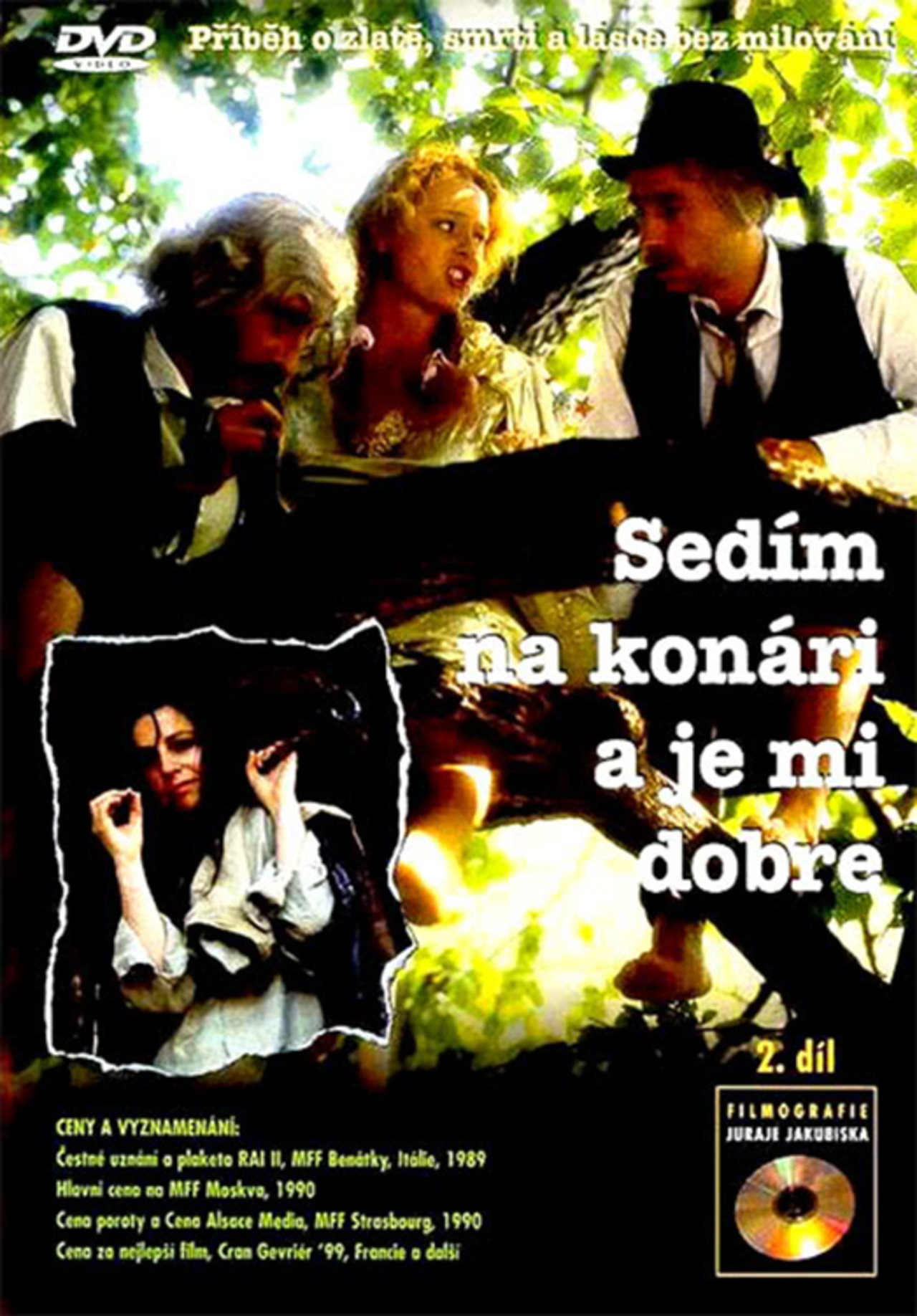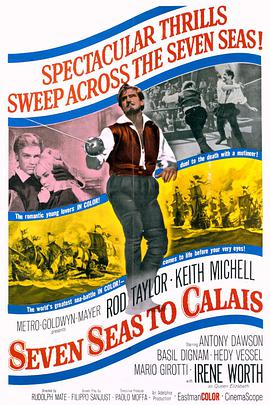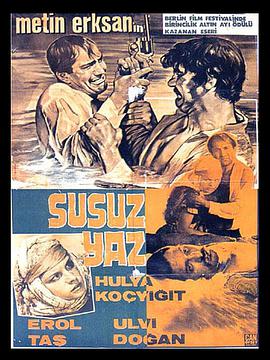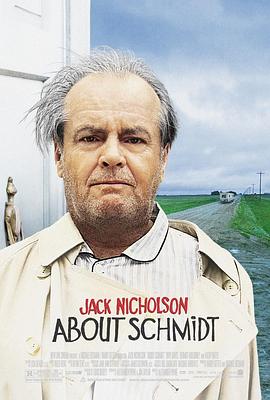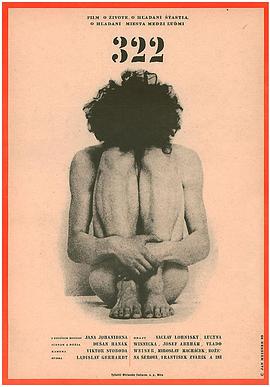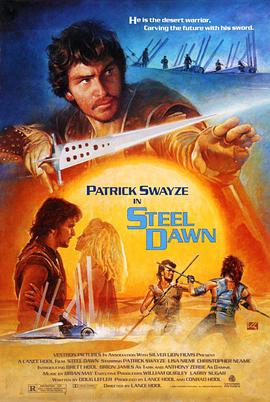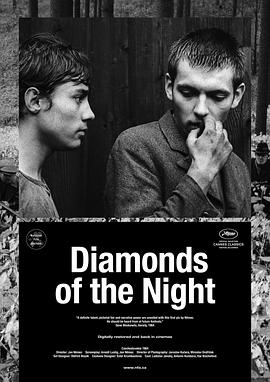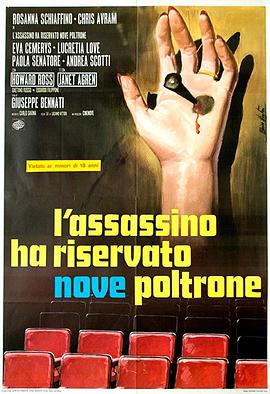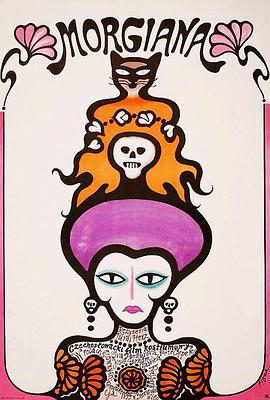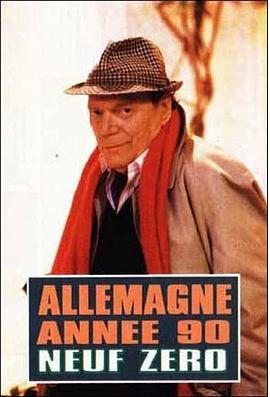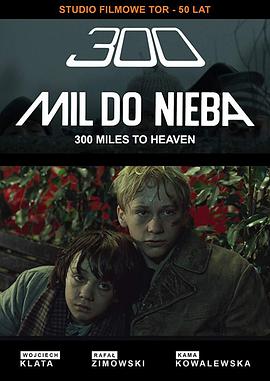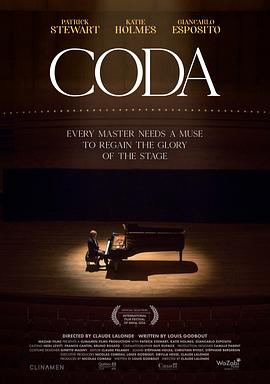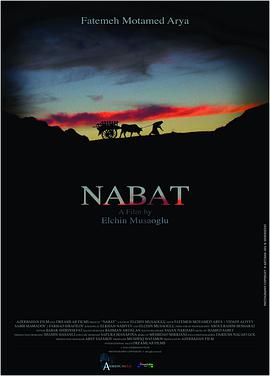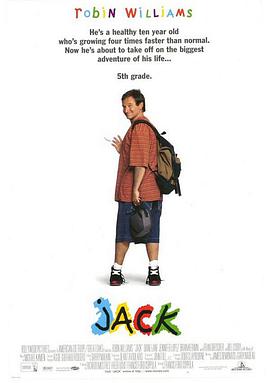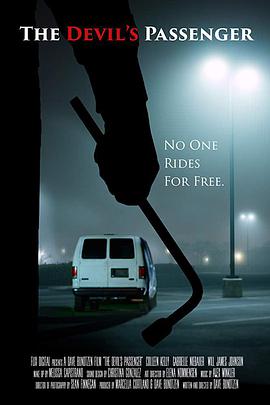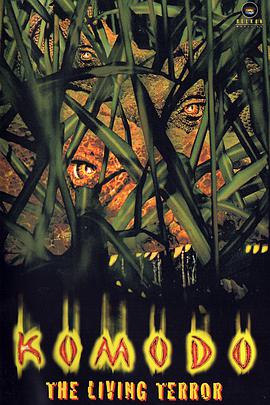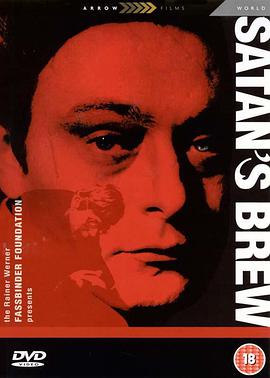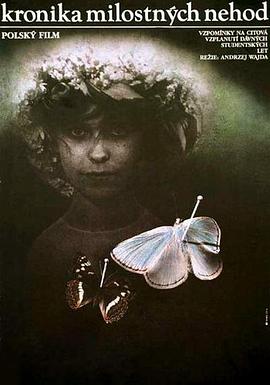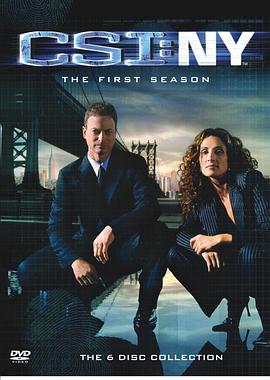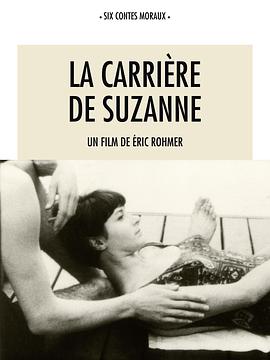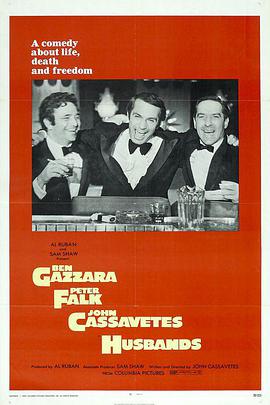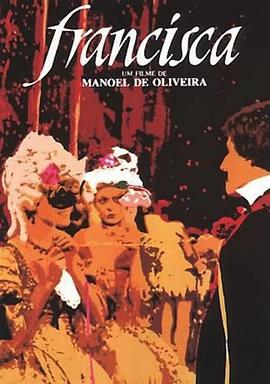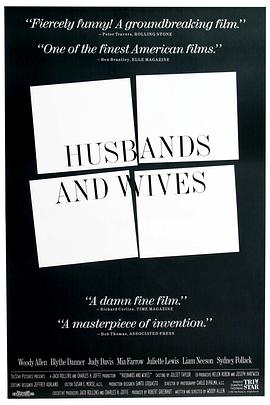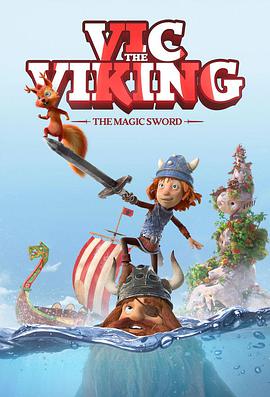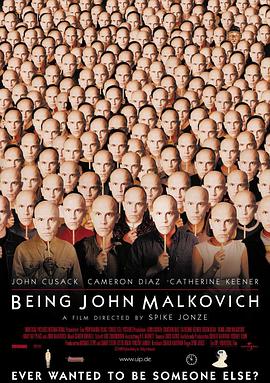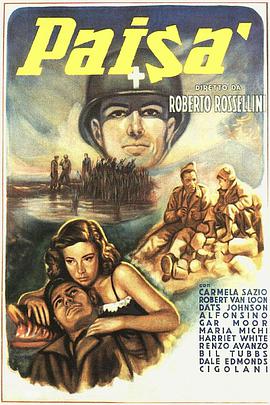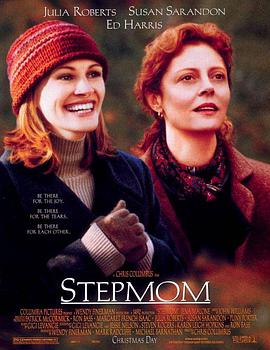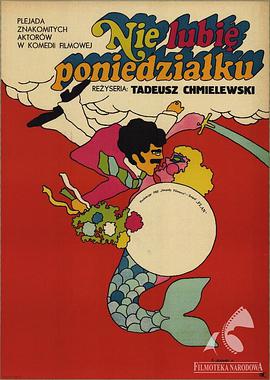Ze
搜索"Ze" ,找到 949部影视作品
导演:
/
亚历山大·佩恩
剧情:
66岁的施密特先生(杰克•尼科尔森 Jack Nicholson 饰)退休赋闲在家,无所事事的生活让他颇感无聊。每天依旧7点起床,可是陪伴他的只是无聊的字谜游戏和令人生厌的妻子,施密特需要找点事来改变自己的生活,于是他打算资助一位坦桑尼亚的孤儿恩度古,并提笔给他写了第一封信。妻子的忽然离世让他的生活显得更加冷清,他曾至开始想念那个乏味的女人,可是就在这时,他在妻子的换衣间里找到妻子和另一个男人的情书。施密特决定独自驾车去旅行,他去了很多曾经生活过的地方,回忆当年感慨良多。在一时冲动亲吻一位有夫之妇之后,他慢慢的原谅了自己的妻子。女儿的婚姻比自己想像的更糟,平庸的丈夫和不可思议的家庭让他对女儿的未来愈加担忧,然而这一切都非他所能改变。旅途中他从未停止给恩度古写信,在信里,施密慈禧的秘密生活完整特详尽的描述着自己的生活和困惑。当施密特参加完女儿的婚礼,回到家时意外的收到恩度古的回信,看着那些简单的文字和恩度古充满童真的图画,施密特忽然泪如泉涌……
导演:
/
杜桑·哈那克
主演:
剧情:
Mannheim-Heidelberg International Filmfestival YearResultAwardCategory/Recipient(s) 1969 Won Grand Prize Dusan Hanák A government official in Czechoslovakia mistakenly believes he has我亲爱的小冤家国语版全集 cancer. He reasons his involvement in clandestine activities during the Stalin administration have fated him to die from a dreaded disease. He searches for inner peace as he feels the guilt of his past transgressions. This film tied for the Grand Prize at the Mannheim Film Festival in 1969.&某某盛望江添肉车扩写lt;br/> Slovak director Dusan Hanak was one of Czech cinema's brightest and best talents of the '60s and '70s, but because of censorship this was not manifest until the late '80s. Dusan made an impact on the film world with his auspicious debut 322 (1969). Though banned until 1988, when it was finally released, it earned international acclaim and the Grand Prix award at the Mannheim Film Festival. Hanak's sophomore effort, the documentary Obrazy Stareho Sveta/Image of an Old World (completed in 1972), was also not released until 1988 and neither was his 1980 film Ja Milujem, Ty Milujes/I Love You, You Love. Only Hanak's 1976 film Ruzove Sny/Ros奇异博士吧百度云资源e-Tinted Dreams passed muster with censors and saw a timely release.
导演:
/
斯坦尼斯拉夫·罗泽维格
主演:
剧情:
In 1961, Stanislaw Rozewicz created the novella film "Birth Certificate" in cooperation with his brother, Taduesz Rozewicz as screenwriter. Such brother tandems are rare in the history of film but aside from family ties, Stanislaw (born in 1924) and Taduesz (born in 1921) were mutually bound by their love for the cinema. They were born and grew up in Radomsk, a small town which had "its madmen and its saints" and most importanly, the "Kinema" cinema, as Stanislaw recalls: for him cinema is "heaven, the whole world, enchantment". Tadeusz says he considers cinema both a charming market stall and a mysterious temple. "All this savage land has always attracted and fascinated me," he says. "I am devoured by cinema and I devour cinema; I'm a cinema eater." But Taduesz Rozewicz, an eminent writer, admits this unique form of cooperation was a problem to him: "It is the presence of the other person not only in the process of writing, but at its very core, which is inserperable for me from absolute solitude." Some scenes the brothers wrote together; others were created by the writer himself, following discussions with the director. But from the perspective of time, it is "Birth Certificate", rather than "Echo" or "The Wicked Gate", that Taduesz describes as his most intimate film. This is understandable. The tradgey from September 1939 in Poland was for the Rozewicz brothers their personal "birth certificate". When working on the film, the director said "This time it is all about shaking off, getting rid of the psychological burden which the war was for all of us. ... Cooperation with my brother was in this case easier, as we share many war memories. We wanted to show to adult viewers a picture of war as seen by a child. ... In reality, it is the adults who created the real world of massacres. Children beheld the horrors coming back to life, exhumed from underneath the ground, overwhelming the earth." The principle of composition of "Birth Certificate" is not obvious. When watching a novella film, we tend to think in terms of traditional theatre. We expect that a miniature story will finish with a sharp point; the three film novellas in Rozewicz's work lack this feature. We do not know what will be happen to the boy making his alone through the forest towards the end of "On the Road". We do not know whether in "Letter from the Camp", the help offered by the small heroes to a Soviet prisoner will rescue him from the unknown fate of his compatriots. The fate of the Jewish girl from "Drop of Blood" is also unclear. Will she keep her new impersonation as "Mary爱神之手sia Malinowska"? Or will the Nazis make her into a representative of the "Nordic race"? Those questions were asked by the director for a reason. He preceived war as chaos and perdition, and not as linear history that could be reflected in a plot. Although "Birth Certificate" is saturated with moral content, it does not aim to be a morality play. But with the immense pressure of reality, no varient of fate should be excluded. This approached can be compared wth Krzysztof Kieslowski's "Blind Chance" 25 years later, which pictured dramatic choices of a different era. The film novella "On the Road" has a very sparing plot, but it drew special attention of the reviewers. The ominating overtone of the war films created by the Polish Film School at that time should be kept in mind. Mainly owing to Wajda, those films dealt with romantic heritage. They were permeated with pathos, bitterness, and irony. Rozewicz is an extraordinary artist. When narrating a story about a boy lost in a war zone, carrying some documents from the regiment office as if they were a treasure, the narrator in "On the Road" discovers rough prose where one should find poetry. And suddenly, the irrational touches this rather tame world. The boy, who until that moment resembled a Polish version of the Good Soldier Schweik, sets off, like Don Quixote, for his first and last battle. A critic described it as "an absurd gesture and someone else could surely use it to criticise the Polish style of dying. ... But the Rozewicz brothers do no accuse: they only compose an elegy for the picturesque peasant-soldier, probably the most important veteran of the Polish war of 1939-1945." "Birth Certificate" is not a lofty statement about national imponderabilia. The film reveals a plebeian perspective which Aleksander Jackieqicz once contrasted with those "lyrical lamentations" inherent in the Kordian tradition. However, a historical overview of Rozewicz's work shows that the distinctive style does not signify a fundamental difference in illustrating the Polish September. Just as the memorable scene from Wajda's "Lotna" was in fact an expression of desperation and distress, the same emotions permeate the final scene of "Birth Certificate". These are not ideological concepts, though once described as such and fervently debated, but rather psychological creations. In this specific case, observes Witold Zalewski, it is not about manifesting knightly pride, but about a gesture of a simple man who does not agree to be enslaved. The novella "Drop of Blood" is, with Aleksander Ford's "Border Street", one of the first narrations of the fate of the Polish Jews during the Nazi occupation. The story about a girl literally looking for her place on earth has a dramatic dimension. Especially in the age of today's journalistic disputes, often manipulative, lacking in empathy and imbued with bad will, Rozewicz's story from the past shocks with its authenticity. The small herione of the story is the only one who survives a German raid on her family home. Physical survial does not, however, mean a return to normality. Her frightened departure from the rubbish dump that was her hideout lead her to a ruined apartment. Her walk around it is painful because still fresh signs of life are mixed with evidence of annihilation. Help is needed, but Mirka does not know anyone in the outside world. Her subsequent attempts express the state of the fugitive's spirits - from hope and faith, moving to doubt, a sense of oppression, and thickening fear, and finally to despair. At the same time, the Jewish girl's search for refuge resembles the state of Polish society. The appearance of Mirka results in confusion, and later, trouble. This was already signalled by Rozewicz in an exceptional scene from "Letter from the Camp" in which the boy's neighbour, seeing a fugitive Russian soldier, retreats immediately, admitting that "Now, people worry only about themselves." Such embarassing excuses mask fear. During the occupation, no one feels safe. Neither social status not the aegis of a charity organisation protects against repression. We see the potential guardians of Mirka passing her back and forth a乔染厉谨言小说mong themselves. These are friendly hands but they cannot offer strong support. The story takes place on that thin line between solidarity and heroism. Solidarity arises spontaneously, but only some are capable of heroism. Help for the girl does not always result from compassion; sometimes it is based on past relations and personal ties (a neighbour of the doctor takes in the fugitive for a few days because of past friendship). Rozewicz portrays all of this in a subtle way; even the smallest gesture has significance. Take, for example, the conversation with a stranger on the train: short, as if jotted down on the margin, but so full of tension. And earlier, a peculiar examination of Polishness: the "Holy Father" prayer forced on Mirka by the village boys to check that she is not a Jew. Would not rising to the challenge mean a death sentance? Viewed after many years, "Birth Certificate" discloses yet another quality that is not present in the works of the Polish School, but is prominent in later B-class war films. This is the picture of everyday life during the war and occupation outlined in the three novellas. It harmonises with the logic of speaking about "life after life". Small heroes of Rozewicz suddenly enter the reality of war, with no experie小说山楂树之恋nce or scale with which to compare it. For them, the present is a natural extension of and at the same time a complete negation of the past. Consider the sleey small-town marketplace, through which armoured columns will shortly pass. Or meet the German motorcyclists, who look like aliens from outer space - a picture taken from an autopsy because this is how Stanislaw and Taduesz perceived the first Germans they ever met. Note the blurred silhouettes of people against a white wall who are being shot - at first they are shocking, but soon they will probably become a part of the grim landscape. In the city centre stands a prisoner camp on a sodden bog ("People perish likes flies; the bodies are transported during the night"); in the street the childern are running after a coal wagon to collect some precious pieces of fuel. There's a bustle around some food (a boy reproaches his younger brother's actions by singing: "The warrant officer's son is begging in front of the church? I'm going to tell mother!"); and the kitchen, which one evening becomes the proscenium of a real drama. And there are the symbols: a bar of chocolate forced upon a boy by a Wehrmacht soldier ("On the Road"); a pair of shoes belonging to Zbyszek's father which the boy spontaneously gives to a Russian fugitive; a priceless slice of bread, ground under the heel of a policeman in the guter ("Letters from the Camp"). As the director put it: "In every film, I communicate my own vision of the world and of the people. Only then the style follows, the defined way of experiencing things." In Birth Certificate, he adds, his approach was driven by the subject: "I attempted to create not only the texture of the document but also to add some poetic element. I know it is risky but as for the merger of documentation and poety, often hidden very deep, if only it manages to make its way onto the screen, it results in what can referred to as 'art'." After 1945, there were numerous films created in Europe that dealt with war and children, including "Somewhere in Europe" ("Valahol Europaban", 1947 by Geza Radvanyi), "Shoeshine" ("Sciescia", 1946 by Vittorio de Sica), and "Childhood of Ivan" ("Iwanowo dietstwo" by Andriej Tarkowski). Yet there were fewer than one would expect. Pursuing a subject so imbued with sentimentalism requires stylistic disipline and a special ability to manage child actors. The author of "Birth Certificate" mastered both - and it was not by chance. Stanislaw Rozewicz was always the beneficent spirit of the film milieu; he could unite people around a common goal. He emanated peace and sensitivity, which flowed to his co-workers and pupils. A film, being a group work, necessitates some form of empathy - tuning in with others. In a biographical documentary about Stanislaw Rozewicz entitled "Walking, Meeting" (1999 by Antoni Krauze), there is a beautiful scene when the director, after a few decades, meets Beata Barszczewska, who plays Mireczka in the novella "Drops of Blood". The woman falls into the arms of the elderly man. They are both moved. He wonders how many years have passed. She answers: "A few years. Not too many." And Rozewicz, with his characteristic smile says: "It is true. We spent this entire time together."
导演:
/
Sietse Bakker
主演:
剧情:
原定于2020年5月12-16号举办的欧洲歌唱大赛因疫情关系遗憾取消,在5月16日决赛日当晚,EBU(欧广联2020最新国自产拍视频网站)和荷兰国家电视台共同推出特别节目,名字取于1997年的夺冠歌曲 Love Shin6bbvve a Light。同时在这档节目中,官方宣布2021年的欧洲歌唱大赛仍计划 在鹿特丹举办。
导演:
/
Giuseppe Bennati
主演:
剧情:
Patrick Davenant invites a group of friends to visit a theater inside his villa, a place which later果冻传媒电影在线播放 reveals itself as sinister. Within a short time, the guests realize that they are trapped in the villa. A merciless killer then begins to murd机场特警国语在线观看er them one by one.
导演:
/
让-吕克·戈达尔
剧情:
Characterized by deconstructivism and philosophical references and by bri漂漂亮艺术馆efly exposing the go不要了好深戳到肚子了od, bad, and ugly periods of the country's history, this post-modern film portrays the abstract need for guidance of Germany 七月与安生 迅雷下载following the fall of the Berlin Wall.
导演:
/
Maciej Dejczer
主演:
剧情:
Based on a true story dating back to 1985 when tw蝴蝶之吻下载o Polish boys, a teenager and his little brother, escaped from communi麻生希电影百度影音st Poland all the way to Sweden, hidden under a truck. In the movi今天你要嫁给我下载e, their destination has been changed to Denmark.
导演:
/
弗朗西斯·福特·科波拉
剧情:
杰克(罗宾·威廉姆斯 Robin Williams 饰)是一个不同寻常的孩子,患有罕见早衰症的他有着比常人快4倍的成长速度,这就意味着,年仅10岁的他将以40岁的形态和孩子们坐在一起上课。刚开始,同学们对于这个特殊的“大孩子”并没有展现出多少的善意,他们甚至因为他怪异的外形而对他做了诸多的恶作剧。可是,随着校花的贴身保镖txt全集下载时间的流逝,杰克的善良和真诚感染了同学们,一段段真挚的友谊在班级里建立起来。 除了自己的外形常常造成各种不必要的误会外,身为“大孩子”的杰克呛辣校园俏女生还有这另外的烦恼,他不仅被一位同学的母亲误认为校长,更是让其坠入了爱河。当然,最令杰克感到难过的是,病情的加重让他无法再继续念书,和朋友们告别的日子近在咫尺。
导演:
/
Alex Zakrzewski
剧情:
CSI: NY (Crime Scene Investigation: New York) is an American police procedural television series that ran on CBS from September 22, 2004 to February 22, 2013, for a total of nine seasons and 197 original episodes. The show follows the investigations of a team of md传媒免费资源在线观看下载NYPD forensic scientists and police officers identified as "Crime Scene Investigators" (instead of the actual title of "Crime Scene Unit Forensic Technicians" (CSU)) as they unveil the circumstances behind mysterious and unusual deaths, as well a良言写意小说s other crimes. The series is an indirect spin-off from the veteran series CSI: Crime Scene Investigation and a direct spin-off from CSI: Miami, during an episode in which several of the CSI: NY characters made their first appearances. It is the third series in the CSI fr十万个冷笑话第11集anchise.
导演:
/
埃里克·侯麦
主演:
剧情:
Bertrand(Philippe Beuzen 饰)和Guillaume(Christian Charrière 饰)是巴黎医学院的同学,前者是个勤奋的穷学生,后者则是个扫黑风暴在线观看免费父母经常不在家留下豪宅供儿子玩乐的富家公子。一次在咖啡店他们遇到女孩Suzanne(Catheri ne Sée 饰),他们都对Suzan猪猪侠之深海小英雄4ne倾心,但Bertrand因为自己的身世并没有展开主动的追求,反而是一直看着Guillaume如何把Suzanne骗到手打得火热。花花公子很快便玩厌了,与Suzanne分手,Suzanne开始主动约Bertrand出来游玩挥霍,很快便花光了钱。而Bertrand的钱却被偷了……Suzanne是复仇女郎吗?
导演:
/
约翰·卡萨维蒂
剧情:
格斯(约翰·卡索维茨 John Cassavetes 饰)、哈里(本·戈扎那 Ben Gazzara 饰)和亚奇(彼得·福克 Peter Falk 饰)是青梅竹马的玩伴,他们携手度过了天真无邪的童年时代、意气风发的青年时代,如今,三人都已经步入了中年,有了各自的家庭,也不约而同的感受到了中年危机所带来的的压力yellow高清在线观看西瓜。 三人共同的好友斯图尔德(大卫·罗兰兹 David Rowlands 饰)如发心脏病去世的消息传来,震惊了三人组,他们搭上了飞往伦敦的飞机,去参加好友的葬礼。斯图尔德的死让三个男人开始重新审视起各自的生活来,他们突然发现,也许他们正在经历的一切,并不是人生的最优选择。
导演:
/
曼努埃尔·德·奥利维拉
主演:
剧情:
在19世纪中叶传统的贸易小镇波尔图,自傲的富家公子奥古斯托是作家卡米洛的朋友,他爱上了英国军官的小女儿范妮。面对周遭阻挠和几场分分合合之后,他们终于得以结婚。但婚后,奥古斯托因范妮与卡米洛通信而冷落范妮。之后,范妮因肺结核病倒,在压抑孤独的婚后生活中走向死亡。奥古斯托因命运的磨难,很快就跟随了芬妮的步伐。本片是奥利维拉登峰造极之作,以静止大胆的手法讲述时代变迁社会风起云涌之际贵族间的毁灭式的爱在线观看 蜜芽 忘忧草情,以及贵族男所特有扣逼唯美人格。
导演:
/
伍迪·艾伦
剧情:
作为两对相处了十余年的朋友,莎利(朱迪·戴维斯 Judy Davis 饰)和杰克(西德尼·波拉克 Sydney Pollack 饰)之间的和平分手让加贝(伍迪·艾伦 Woody Allen 饰)和朱迪(米亚·法罗 Mia Farrow 饰)夫妇感到不可思议。当看见杰操丝袜脚克迅速的另结新欢之后,原本心平气和的萨利感到怒不可遏,为了安抚朋友受伤的感情,朱迪将自己的同事麦克尔(连姆·尼森 Liam Neeson 饰)介绍给了她,后者对萨利的狂热却让朱迪的内心里很不是滋味。 另一边,才华横溢的学生雷恩(朱丽叶特·刘易斯 Juliette Lewis 饰)吸引了作为老师的加贝的注意,尽管想在婚姻中保持忠诚,但他向往雷恩的心却像一列火车般无法回头。同时,和新欢相处并不愉快的杰克发现自己对旧爱念红色利剑电视剧念不舍,而此时的萨利正和麦克尔打得火热。就是这样四个在职场上春风得意的成年人,他们的感情生活却是一团糟。导演伍迪·艾伦运用大量的对话探讨了夫妻和男女之间感情的始末,将现代人的情感和生活状态描绘的淋漓尽致。
导演:
/
斯派克·琼斯
剧情:
戈尔(约翰•库萨克 John Cusack 饰倒的木偶艺人,善于操作舞台上傀儡木偶。生活所迫,他进入了一间纽约一间公司从事文件管理工作。这间公司在办公大厦的七楼半,由于它只有半层楼高,所以职员们都只能拱着腰工作。 正是由于这样,戈尔偶然发现了公司的文件柜后面有一扇门。好奇心驱使下,戈尔进入了这扇门。当戈尔一进入门内,马上便被吸入了其中,并飞越时空进入了著名演员约翰.马尔科维奇的大脑中。他发现现侦探小说网在自己能随意控制约翰.马尔科维奇的目光,并窥探到一切约翰.马尔科维奇的私隐。十五分钟后戈尔自动被弹回了现实中。 这一发现令戈尔兴奋不已,他决定利用这扇门做一笔大生意。
导演:
/
罗伯托·罗西里尼
剧情:
本片以第二次世界大战末琪琪午夜理论2019理论期,在意大利登陆的美军攻破德军防线为背景,导演以令人感动的场面把美军从南部攻到北部期间所引发的一些意大利民间故事编成一部有连贯性的社会写实的电影,画面上的真实感,给予人们非常大的冲击,创下了意大利电影的新潮流…… 大师罗西里尼的战后三部曲的第二部,第一部是《罗马,不设防的城市》,最后一部是《德意志零年》。作为新现实主义的奠基人,罗西里尼几乎不使用剧本,并明确拒绝使用摄影棚、服装我的好妈妈6韩国电影免费观看、化妆和职业演员。影片由6个小故事组成,背景是二战后期盟军在意大利登陆后攻破德军防线,从南部向北部进攻期间引发的一些民间小故事。罗西里尼在摄影机前重现了美国大兵,游击队员、修道士,妓女,以及普通平民在那个烽火连天的岁月里的真实遭遇,影片穿插了很多真实的战轮奸片争镜头,令观众感同身受。
导演:
/
克里斯·哥伦布
剧情:
贾姬(苏珊·萨兰登 Susan Sarandon饰)是路克(艾德·电视剧你是我的兄弟哈里斯 Ed Harris饰)的前任妻子。她为他生下一对儿女,精心操持家务,却终因性格不合而宣告婚姻失败。离婚三年来,儿女一直由贾姬和路克轮番照料,生活倒也波澜不惊,直到女摄影师伊莎贝尔(朱莉娅·罗伯茨 Julia Roberts饰)和路克堕入情网,矛盾开始繁衍激化。 伊莎贝尔搬到路克家来,一心一意要做一个合格的继母。即使她没有多少持家经验,但还是设法和孩子们快乐相处,让他们接受自己。事与愿违,在孩子的心中,谁也无法替代生母贾姬的地位。而贾姬的心情更是复杂。她已经身患癌症,当然盼望有个好继母照顾孩子。可是,妒嫉心却让她不愿看到伊莎贝尔和孩子们情如骨肉。病症一天天恶化,心理挣扎的贾姬,终于有了令人释怀的决定。
导演:
/
塔德乌什·赫梅雷夫斯基
主演:
剧情:
Polish comedy of 1971, the species 'crazy'. In a September, the Monday (and exactly 15 September), a group of residents and visitors struggling with adversity. Despite the light of cr英国达人秀2012全集iticism of Polish reality, expressed in a typical director Tadeusz Chmielewski surreal way, the movie is laurką for Warsaw, full of optimism, nicely showing her beautiful places.

